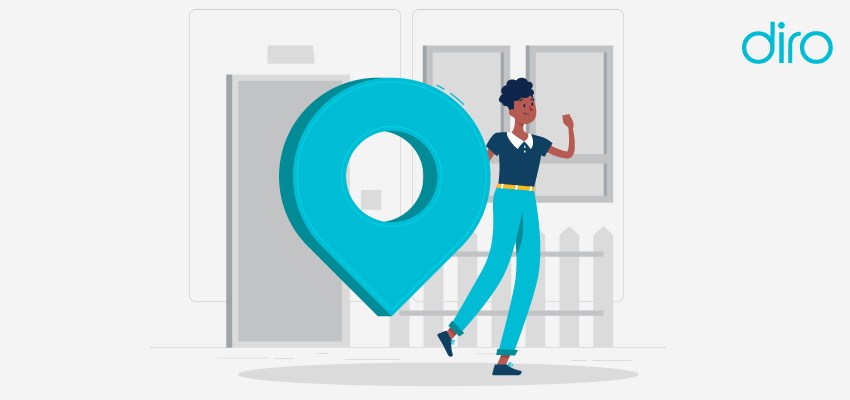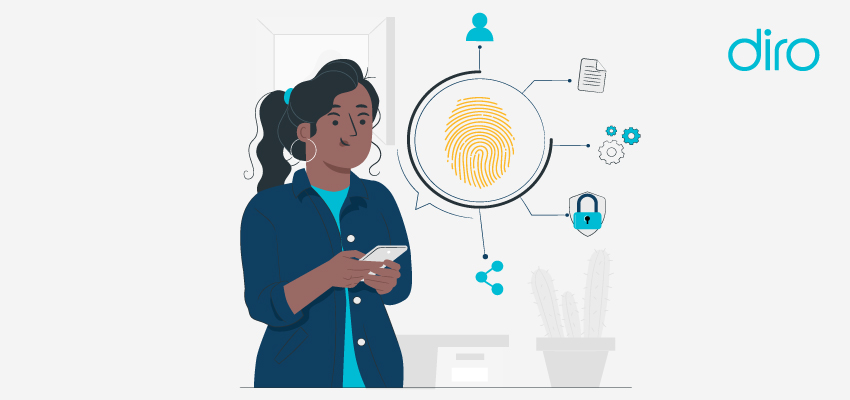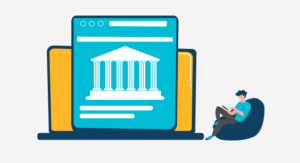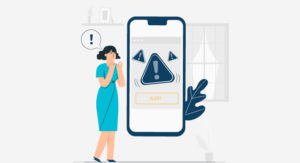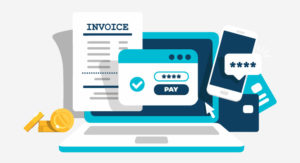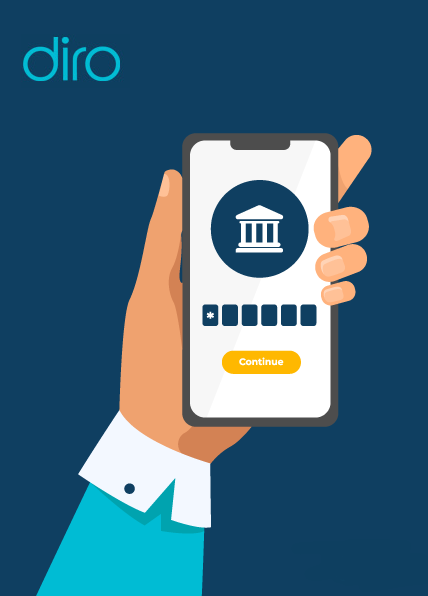Top Use Cases of Blockchain Technology in the Banking Industry
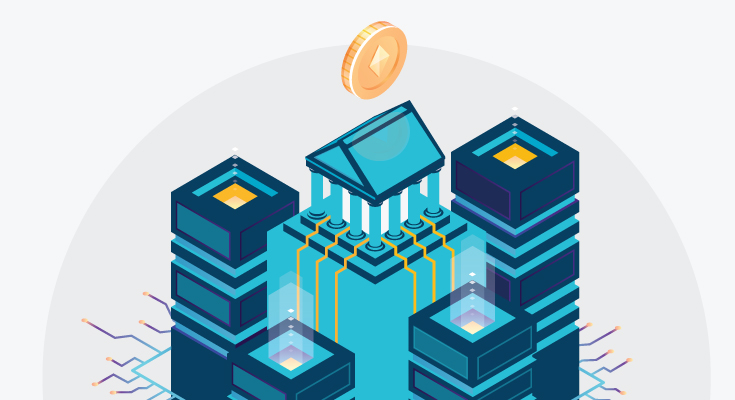
Blockchain or DLT (distributed ledger technology) is an open ledger that keeps track of transactions between two parties permanently. A blockchain is made up of multiple individual blocks all tied up to each other in a specific order. All the involved parties can share the online ledger using a computer network without any middlemen or intermediaries. This leads to faster transaction processing. Improved transaction speed is just one of the many benefits blockchain technology has to offer for the banking industry.
How Banking Can be Improved with Blockchain Technology?
The overall benefits of blockchain technology make it clear that banking should be the first industry to fully implement blockchain. Blockchain can improve almost every single aspect of the banking industry and make it more secure and transparent.
Blockchain technology has global implications and it can make trade more seamless and efficient by eliminating the need for documentation relied processes. A public blockchain can be of great use as no single person owns it and every involved party can access the information. Just a decade ago, blockchain technology was associated with digital assets like Bitcoin or Ethereum. That has changed now, utilization of blockchain in banking can enhance a lot of aspects.
Use Cases of Blockchain Technology in Banking
1. Faster Payments
As of now, sending money from one bank to another bank or sending money from one country to another is a huge hassle. By establishing a decentralized channel (cryptocurrencies) for payments, banks can use new technologies to facilitate faster payments. Wire transfers today cost $25-$50 based on the institution and the country you’re sending money to. The use of blockchain can reduce the time taken for payment processing and lower the cost incurred.
By implementing blockchain, banks will be able to reduce the need for verification from third parties. Back in 2016, 90% of the European payments council believed that blockchain can change the banking industry in the next 10 years.
2. Clearance and Settlement Systems
Instead of using existing protocols like SWIFT, banks can use blockchain to settle transactions directly and keep track of them more efficiently.
Even the largest banks globally have to face tons of challenges while moving money around. Something as simple as a bank transfer has to go through several intermediaries and meet compliance regulations before finally reaching the destination.
The centralized payment processing method “SWIFT” processes only payment orders. The money is passed using a series of middlemen. Each of these transactions costs money and takes up a lot of time. Blockchain can allow banks to keep track of all transactions worldwide. Banks can eliminate the need for intermediaries and regulatory bodies to process and settle transactions instantly.
3. Buying and Selling Assets
By eliminating the middlemen and asset rights transfer, blockchain technology lowers the asset exchange fee. According to studies and reports, using blockchain for moving securities can help in saving more than $20 million annually in global trade process costs.
It is not easy to buy and sell digital assets like stocks as most of the process requires keeping track of which entity owns what. In the earlier days, the purchase and sale of assets were done with a complicated network of middlemen and exchanges. All these transactions revolved around paper documentation.
Being able to do the same thing electronically is tough and most of the time, buyers and sellers have to rely on a third party to keep track of documentation. Blockchain technology can change the financial industry by keeping decentralized data of digital assets.
4. Blockchain for Accounting and Auditing
Out of all the aspects of online banking, accounting is one section that has been especially slow to move toward digitization. To digitize the accounting process, a series of regulatory requirements involving data integrity and validity have to be met. The implementation of blockchain can bring drastic changes to the accounting and auditing sector as well.
Industry experts believe that the implication of blockchain technology can simplify compliance and smoothen bookkeeping systems. Instead of maintaining separate records of transaction receipts, firms can add the information in a joint book. All the entries made will be decentralized and accessible to involved parties.
Thus, the records will be more visible and secure. Blockchain technology will play the role of a digital notary that verifies all the transactions.
5. Digital Identity Verification
Most banks, firms, and financial institutions still rely on antique, paper-based manual document verification for customer ID verification. A sluggish process that is full of friction forces customers to switch to another organization. With blockchain integration, both companies and customers will enjoy a faster, more secure, and more efficient customer verification process. Blockchain will allow other organizations to reuse customer data for customer verification for other services.
Future of Blockchain In Banking
Banking industry experts believe that blockchain technology will improve some banking standards, but only if several conditions are met. To use blockchain to its full extent, banks need to build infrastructure that can support and operate a global network. A thorough implementation of blockchain is enough to bring huge changes in the banking industry.



